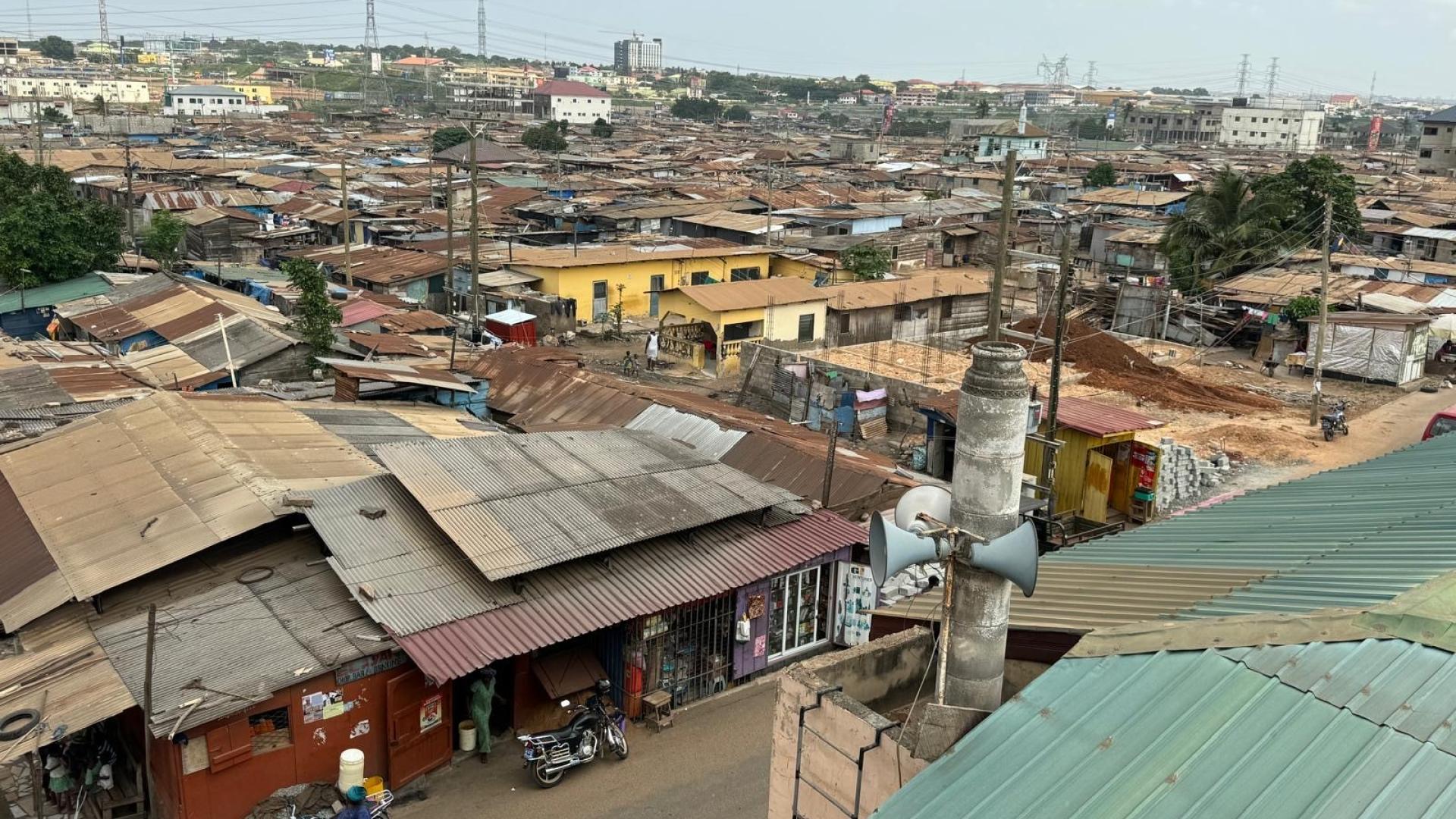Affordable Housing as a method for informal settlements’ sustainable upgrading

Further reading: Community-Driven Housing and Informal Settlement Upgrading world-habitat
The rapid urbanization of cities worldwide has led to the proliferation of informal settlements, where millions of people live without adequate housing, sanitation, or security. Addressing the challenges faced by these communities requires innovative approaches to upgrading their living conditions. Affordable housing initiatives can serve as a critical method for sustainable upgrading of informal settlements, promoting not only improved living standards but also social cohesion and economic development.
Understanding Informal Settlements
Informal settlements are often characterized by inadequate infrastructure, insecure land tenure, and limited access to basic services such as clean water and sanitation. According to the World Economic Forum, over 1.1 billion people currently reside in such conditions, with the number growing significantly due to urban migration and insufficient housing policies.
In cities like Nairobi, informal settlements house approximately 60% of the population, revealing the urgent need for effective upgrading strategies.
The Role of Affordable Housing in Upgrading
1. Community-Driven Approaches
Community-driven housing projects have proven effective in addressing the needs of residents in informal settlements. For instance, the Shack Dwellers Federation of Namibia (SDFN) has implemented a community-driven housing and upgrading project that empowers residents to formalize land ownership and access funding for home improvements.
By involving community members in the planning and execution of upgrades, these initiatives foster a sense of ownership and responsibility, which is crucial for long-term sustainability.
2. Incremental Upgrading
Incremental upgrading is a strategy that allows residents to improve their homes gradually over time. This approach acknowledges that many informal settlement dwellers lack the financial resources for immediate large-scale renovations. Instead, they can make small improvements as funds become available. For example, using durable materials such as interlocking bricks can enhance housing stability while being affordable.
This method not only improves living conditions but also strengthens community ties as residents collaborate on upgrades.
3. Access to financing Access to affordable financing is essential for enabling residents to invest in their homes. Microfinance initiatives can provide low-interest loans specifically designed for home improvements or construction. The Twahangana Fund in Namibia exemplifies this model by offering loans to community savings groups for housing upgrades.
Such financial mechanisms empower residents to take charge of their living conditions while promoting economic activity within the community.
Policy Frameworks Supporting Upgrading
Effective policies are crucial for facilitating affordable housing initiatives in informal settlements. Governments must prioritize land tenure security to ensure that residents have legal rights to their properties. This security encourages investment in home improvements and reduces the risk of eviction. Countries like Honduras have successfully implemented policy changes that enhance land rights through collaborative efforts between civil society organizations and municipal governments.
Additionally, integrating upgrading initiatives into broader urban planning frameworks can help align them with national development goals. For instance, Kenya’s Informal Settlement Improvement Project (KISIP) aims to enhance living conditions through improved infrastructure and housing quality while providing tenure security.
By aligning local efforts with national policies, governments can create a supportive environment for sustainable upgrading.
Challenges and Considerations
Despite the potential benefits of affordable housing initiatives in upgrading informal settlements, several challenges persist. One significant issue is the need for adequate infrastructure such as roads, sanitation systems, and access to clean water. Upgrading efforts must address these fundamental needs to ensure that improvements are sustainable and beneficial to residents. Moreover, engaging local communities in decision-making processes is vital for creating solutions that reflect their unique needs and contexts. Policymakers should prioritize participatory approaches that involve residents from the outset, ensuring that their voices are heard in shaping the future of their neighbourhoods.
Conclusion
Affordable housing serves as a powerful tool for the sustainable upgrading of informal settlements. By implementing community-driven approaches, facilitating incremental upgrades, and ensuring access to financing, stakeholders can significantly improve living conditions while fostering social cohesion and economic resilience. As urban populations continue to grow, prioritizing affordable housing initiatives will be essential in creating inclusive cities that provide dignity and opportunity for all residents.
